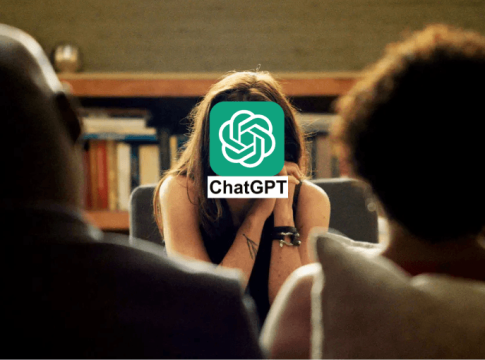The Role of AI in Mental Health Support: A Reflection on Accessibility and Connection
As the cold and dark months of mid-year roll around in New Zealand, many of us find ourselves grappling with feelings of isolation and anxiety, especially in the context of significant personal loss. Among the challenges, questions about aging, retirement, and purpose surface, leaving many feeling stuck and uncertain. For those who struggle with mental health, accessing traditional face-to-face therapy can often prove daunting—not only emotionally, but financially as well.
The Cost of Traditional Therapy
In New Zealand, the cost of therapy can vary widely. While some community organizations offer free or low-cost counseling, waiting lists can be long and availability limited. Most people seeking immediate help may face prices ranging from $120 to $250 per hour. This reality raises an important question: How can we find support when traditional options are out of reach?
Exploring AI as a Support Tool
In this climate, the emergence of AI, particularly tools like ChatGPT, has stirred interest. Many people wonder if these digital platforms can provide the solace and guidance that traditional counseling offers. I recently turned to ChatGPT to explore how it could serve as a supportive resource during periods of existential doubt.
Curious yet cautious, I first shared my feelings of stagnation with the AI. To my surprise, the responses were poetic and resonated deeply—“Not every season is for blooming; some are for composting.” This metaphor offered comfort, yet it also served as a reminder of the limitations of AI. While its responses can be soothing, genuine human empathy and understanding remain irreplaceable.
Lessons from AI Responses
After engaging with ChatGPT, I found that it provided practical exercises to help alleviate anxiety—like worksheets that guided me through breathing techniques and strategies for letting go of fear. Such tools can be beneficial, especially for those in the “worried well” category who may not require intensive therapy but still seek relief from life’s pressures.
However, it is crucial to approach AI with caution. Here are a few essential takeaways:
-
AI Lacks Emotional Intelligence: While it can provide algorithms for advice, it cannot replace the nuanced understanding of a human therapist who considers each person’s unique context and emotional landscape.
- Safety Concerns: Engaging exclusively with AI might misguide some individuals, as it cannot accurately assess real-world dangers or emotional distress. Always pair AI interactions with discussions with trusted friends or professionals.
The Importance of Human Connection
Despite the innovative technologies available, nothing can fully substitute for meaningful human interaction. Engaging in conversations—even with a passerby—can create unexpected connections and foster support systems.
The essence of healing often lies within community and shared experience. Positive human interactions not only provide joy but also help us feel less alone in our struggles.
A Balanced Approach to Mental Health
So how can we incorporate these insights wisely? Here are some practical strategies to enhance your mental health journey:
-
Use AI as a Supplement: If you find a digital assistant helpful, use it alongside traditional therapeutic methods, not as a replacement.
-
Prioritize Personal Connections: Make time for conversations with friends, family, or support groups to cultivate relationships that nourish your well-being.
-
Stay Informed About Resources: Explore local community options, as some organizations may offer reduced fees or free services based on availability.
- Practice Self-Compassion: It’s okay to feel lost or overwhelmed. Acknowledge those feelings without judgment, and be gentle with yourself as you navigate your journey.
In conclusion, while AI tools provide newfound accessibility for mental health support, they should serve as an adjunct to, rather than a replacement for, genuine human connection. In times of distress, remain open to the healing power of authentic relationships, for they often illuminate the path forward through even the darkest winters.

Covers wellness, nutrition, mental health, and daily life tips.
Bio: Talia brings a background in health journalism and holistic living to help readers live better, one tip at a time.

